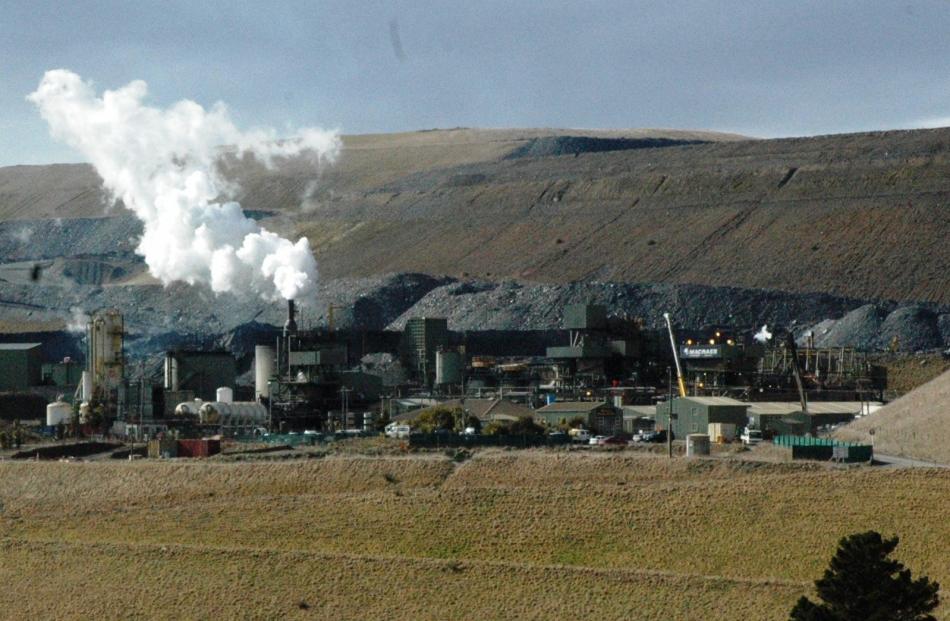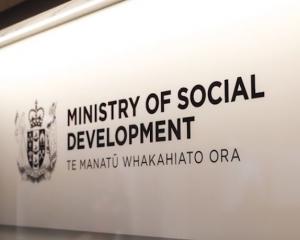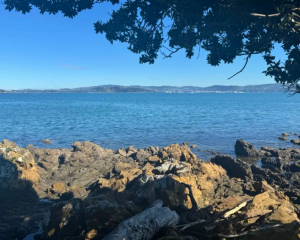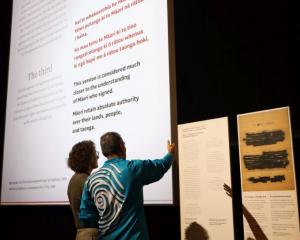Local Government New Zealand will advocate for local authorities to receive a proportion of mineral royalties from mining operations in their area.

The recommendation to Government was one of 10 made by Local Government New Zealand (LGNZ) in its Funding Review 10-Point Plan.
The plan, launched yesterday at the LGNZ conference in Rotorua, was the result of a local government funding review which began last year.
In the plan, LGNZ stated some councils were faced with managing the disproportionate impacts of boom and bust activities such as mining.
"While the financial benefits of such activities are limited, the community retains responsibility for growth and ongoing maintenance of the resulting infrastructure."
LGNZ stated local authorities should receive a proportion of any mineral royalties attributed to local activities and that it would advocate for allowing councils to levy specific charges and taxes on visitors where economically efficient.
"Some communities make a significant economic contribution to the country as a whole but have to deal with dramatic population changes due to seasonal visitors. Providing services to visitors increases the demand on local infrastructure, which is currently met by residents."
Other 'points' in the plan included mandatory rating exemptions and simplifying the rates rebate scheme application process.
President Lawrence Yule said LGNZ recognised that property rates would continue to be the cornerstone of local government funding for the foreseeable future.
However, it was also clear that communities required more flexible funding tools to meet current and future challenges.
"For this reason, we consider rates will need to be complemented by a stronger set of incentives and revenue sources that better match the needs of these communities - now and in the future."
The aim was not to increase the tax burden, but rather to look at the optimum mix of funding tools for local government, he said.
Buller's mayor Garry Howard could not be reached for comment.
Farmers want urgent action
Federated Farmers local government spokeswoman and West Coast dairy farmer Katie Milne said the Government needed to give immediate attention to LGNZ's 10-Point Plan.
The disastrous dairy payout prices in particular meant farmers wanted urgent action on inequities in the rates they paid to their local bodies, she said.
"We farmers can't control international prices. Neither can the Government. But the Government can legislate rates reform. It all helps - and the sooner the better."
Federated Farmers, in particular, wanted the rates base to be broadened.
"There needs to be a good hard look at landowners who are currently exempt from paying rates. Local bodies need to get more into user pays for services."
However, Ms Mine had reservations about some of LGNZ's plan.
"The idea of 'value uplift' to increase rates in line with increased local government investment is interesting. We would need to see the fine print, but we would have a concern that local government investment in such things as roads may not benefit anyone but the people passing through to somewhere else."
She endorsed the Local Government Minister Paula Bennett's push at the LGNZ conference for councils to be more efficient and effective. She also agreed with Ms Bennett that councils needed to demonstrate the value of their spending before asking for more money.
"I agree that any changes to funding arrangements should not be a licence to grow spending. The key was about finding the most appropriate ways to fund modern local government.
"Currently, over-reliance on property value rates fails this test dismally," she said.
- By Aimee van der Weyden of the Westport News












